Apache Mesos
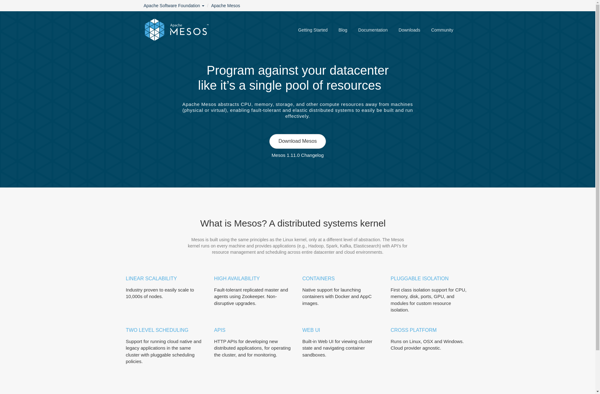
Apache Mesos: Open Source Cluster Manager
Apache Mesos provides efficient resource isolation and sharing across distributed applications or frameworks, making it easier to deploy and manage applications in large-scale clustered environments.
What is Apache Mesos?
Apache Mesos is an open source cluster manager that provides efficient resource isolation and sharing across distributed applications or frameworks. It sits between the application layer and the operating system on a distributed system, and makes it easier to deploy and manage applications in large-scale clustered environments.
Some key features of Apache Mesos include:
- Scalability to 10,000s of nodes
- Fault-tolerant replicated master and slaves using ZooKeeper
- Support for Docker containers
- Native isolation between tasks with Linux Containers
- Multi-resource scheduling (memory, CPU, disk, and ports)
- Java, Python and C++ APIs for developing new parallel applications
- Web UI for viewing cluster state
Apache Mesos allows multiple diverse cluster computing frameworks, such as Hadoop, Spark, Kafka, Elasticsearch and others, to run on a shared pool of nodes. This avoids the need to set aside clusters for specific frameworks, and increases cluster utilization across diverse workloads.
It therefore helps organizations to efficiently manage and schedule workloads and resources in a shared cluster environment. This prevents application silos and underutilization of resources from dedicating certain machines to only run one application type or framework.
Apache Mesos Features
Features
- Efficient resource isolation and sharing across distributed applications
- Scalable
- Fault-tolerant architecture
- Supports Docker containers
- Native isolation between tasks with Linux Containers
- High availability with ZooKeeper
- Web UI for monitoring health and statistics
Pricing
- Open Source
Pros
Cons
Official Links
Reviews & Ratings
Login to ReviewThe Best Apache Mesos Alternatives
Top Network & Admin and Cluster Computing and other similar apps like Apache Mesos
Here are some alternatives to Apache Mesos:
Suggest an alternative ❐Kubernetes
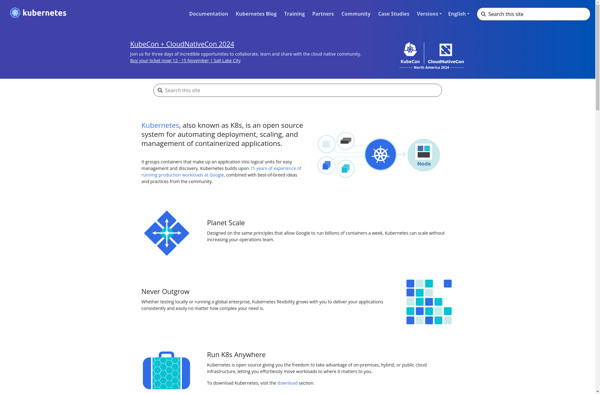
Rancher
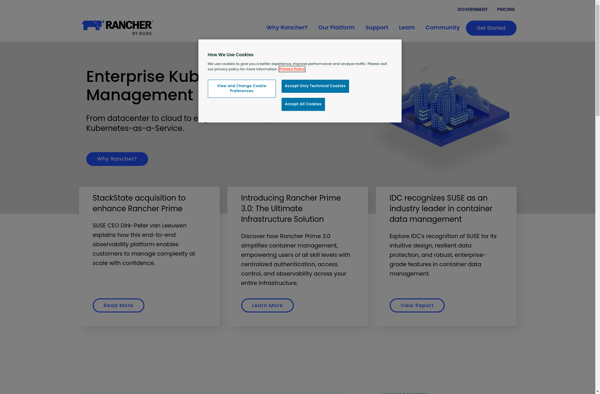
Docker
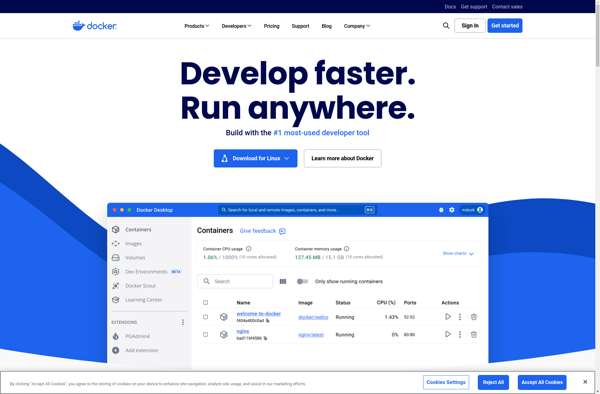
Vagrant
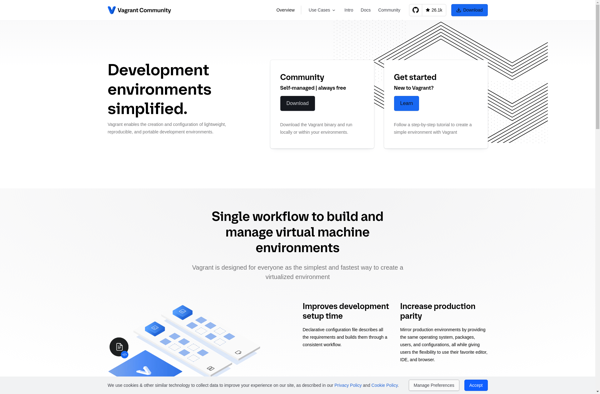
Virt-manager
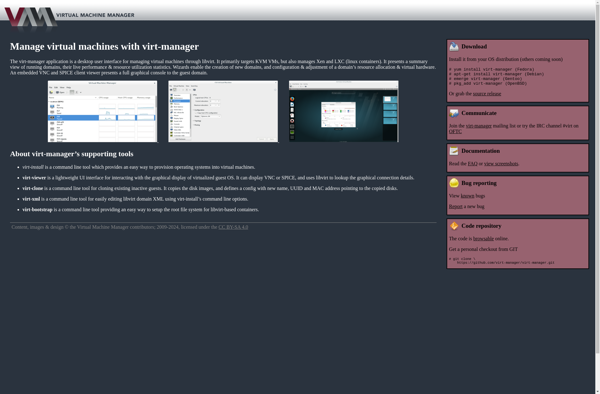
Microsoft Hyper-V Server
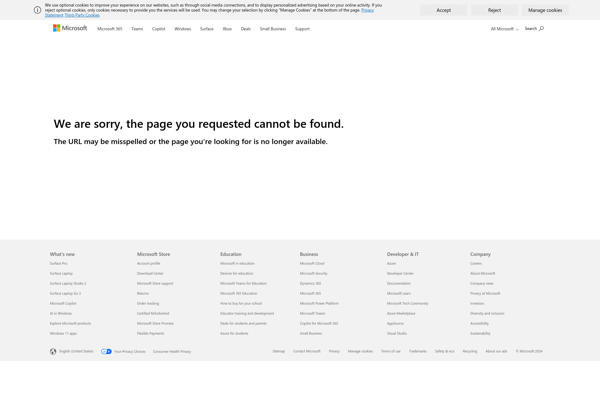
Rancher Desktop
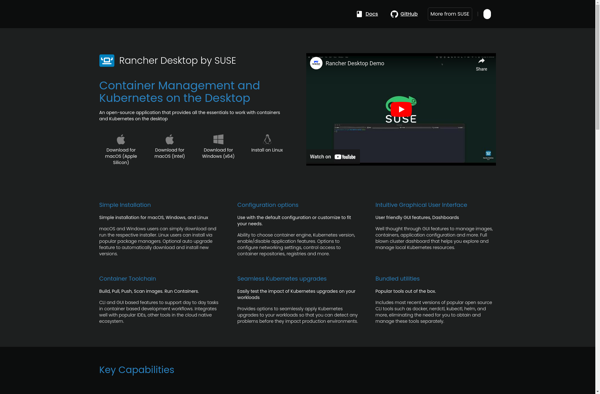
Deis
Folding@home

Overnode
Docker Swarm
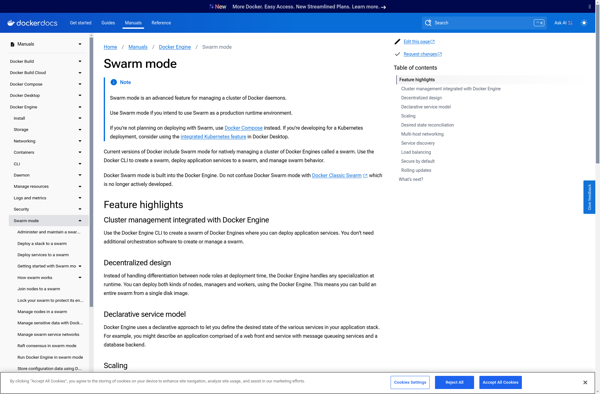
Charity Engine

OpenFaas
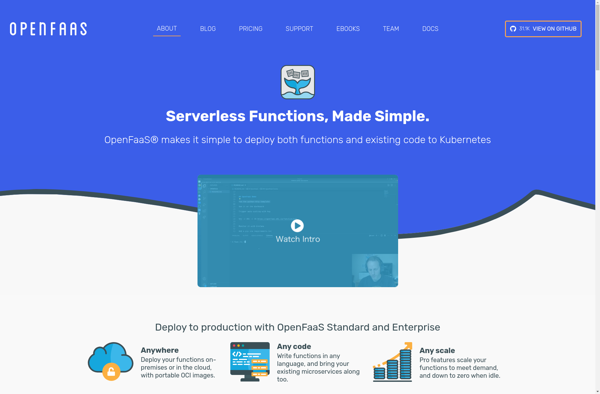
Knative
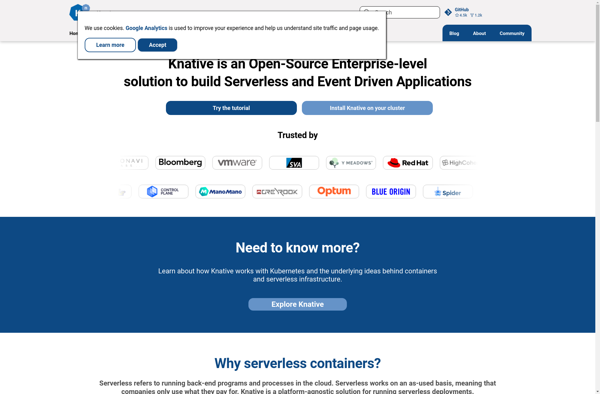
Dokku
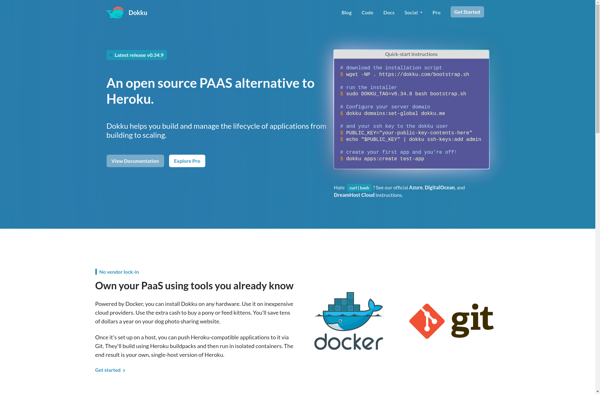
PelicanHPC
Containerd
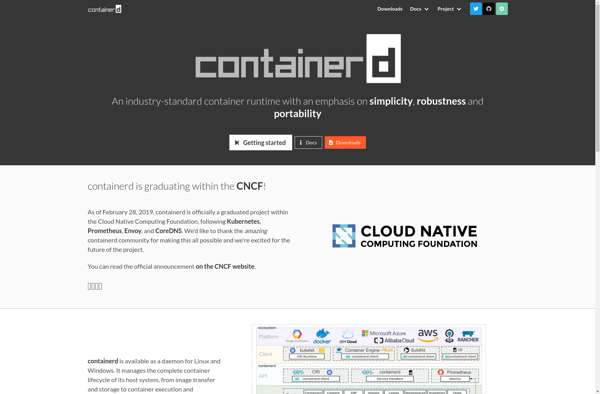
JPPF

Nebula Container Orchestrator
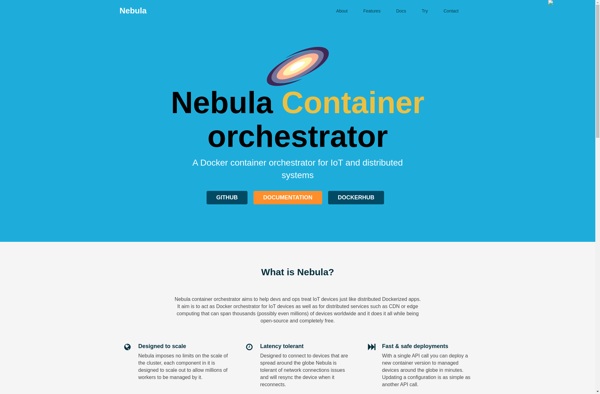
Cycle.io
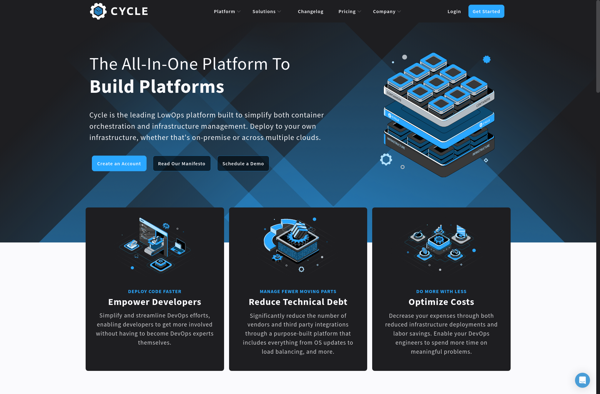
GridRepublic

Dockercraft
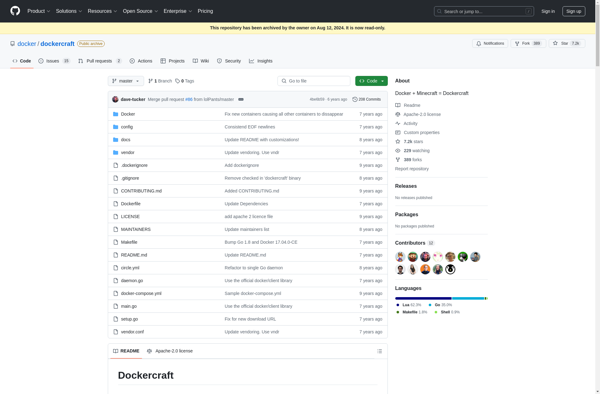
Progress Thru Processors
Distri.js

DataCol
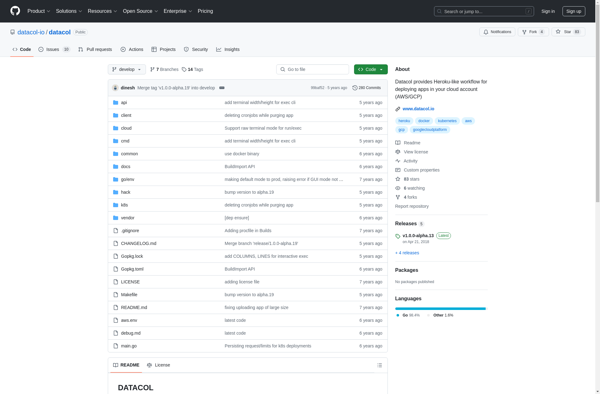
Panamax
PiCloud
Stackato

HFM-NET
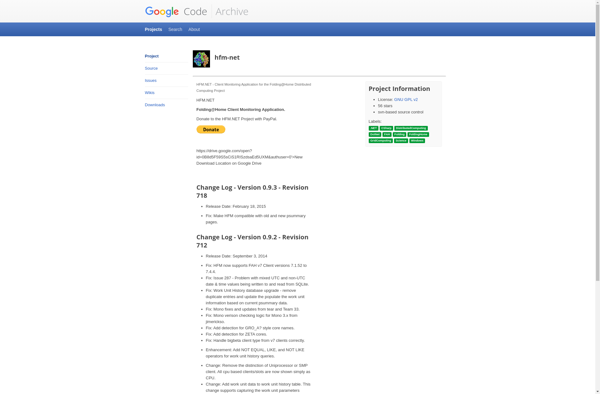
StackEngine

Magalix
